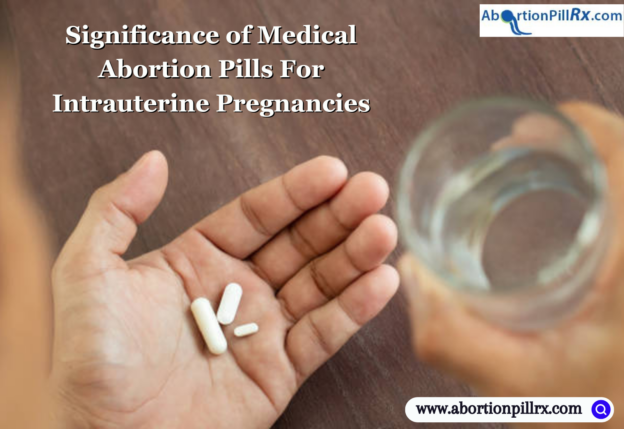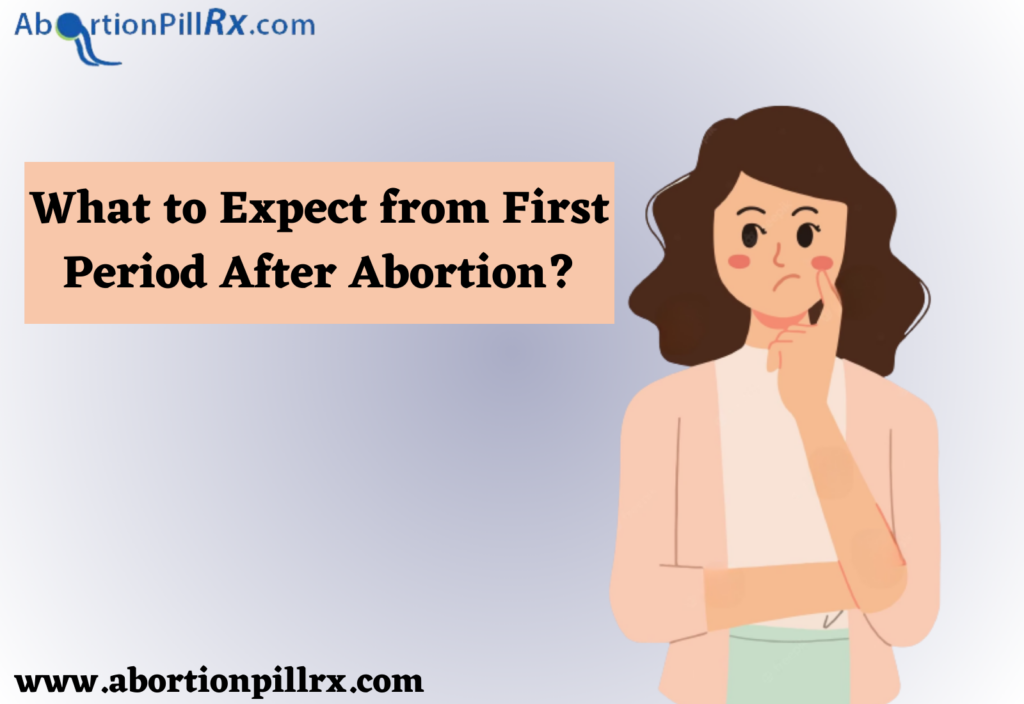Recently updated on March 21st, 2025 at 05:21 am
Only taking mifepristone cannot dispel the pregnancy from the uterus, misoprostol is also important. Mifepristone is a widely used abortion pill in combination with misoprostol. It works by blocking the progesterone hormone needed to sustain the pregnancy. It separates the pregnancy from the endometrial lining and forces it to discontinue.
However, many people wonder, can mifepristone be used alone for a medical abortion, or is misoprostol necessary to terminate a pregnancy?
Can I take only Mifepristone for abortion?
Only taking mifepristone is the first step of a medical abortion, followed by misoprostol. When you take mifepristone it weakens the pregnancy and halts its development, preparing it for the exit. But, if you do not take misoprostol, your body won’t be able to push out the pregnancy contents as there will be no uterine contractions. Hence, it is essential to take misoprostol after taking mifepristone alone for the termination of pregnancy.
Mifepristone uses are not limited to medical abortion, it is also effective for managing miscarriages, mostly incomplete ones, Cushing’s syndrome treatment, and uterine fibroid management. Your healthcare provider can suggest mifepristone for these conditions too.
What Happens If You Perform Abortion With Only Taking Mifepristone?
If you are only taking mifepristone for termination of pregnancy, you cannot complete the abortion. And you can witness:
Mild cramps and bleeding
Incomplete or failed abortion
Pregnancy symptoms are still there
Continuation of pregnancy
Abortion cannot be completed by taking only mifepristone, misoprostol is essential. If that happens, you may need a medical intervention or surgical process, which is time-consuming and expensive. If you have performed an abortion with only mifepristone, consult your healthcare professional for next steps.
Why is Misoprostol Necessary After Only Taking Mifepristone?
Misoprostol is administered 24 to 48 hours after mifepristone alone for termination of pregnancy. It causes the uterus to contract, resulting in cramping and bleeding, which expels the pregnancy tissue. Without misoprostol, the abortion could be incomplete, increasing the risk of complications.
Risks of Only Taking Mifepristone Without Misoprostol
There are certain complications of taking mifepristone alone for termination of pregnancy and not taking misoprostol after. Without misoprostol, the abortion will be incomplete, and you may have to choose a different method. If you want a medical abortion, make sure to take the right dosage and follow the proper prescription. You can find the MTP kit dose online to get the correct combination of abortion pills.
Is Abortion Pill One Day Treatment Possible?
Many people think that with abortion pills, they can complete an abortion in one day, but that’s not possible. You start the process with mifepristone and take misoprostol after waiting for 24-48 hours. Your body takes time to expel the pregnancy from the uterus and will take a few days. An abortion pill one day treatment is not common, as the process usually requires more time.
Conclusion:
Only taking mifepristone is not a reliable method of medical abortion. If you want to end a pregnancy safely and effectively, you need to take both mifepristone and misoprostol. If you have taken mifepristone alone and do not know what to do next, immediately seek medical advice.
If you require the right and exact medication, you can verify the MTP kit dose online to assure and receive an effective solution.





